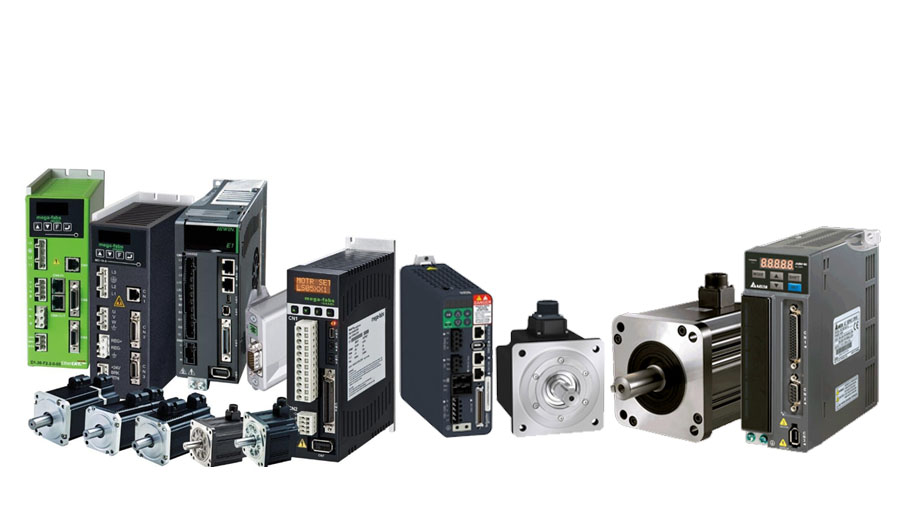
Why Servo Drives and Motors are Essential for High-Precision Automation
Why Servo Drives and Motors are Essential for High-Precision Automation
In the realm of industrial automation, precision, speed, and reliability are paramount. Servo drives and motors play a critical role in ensuring high-precision automation across various industries, including manufacturing, robotics, and medical equipment. These advanced motion control systems provide the accuracy and efficiency needed for modern automated processes. This article explores the importance of servo drives and motors and their key benefits in high-precision automation.
Understanding Servo Drives and Motors
Servo systems consist of a servo motor and a servo drive, which work together to provide precise control over motion. The servo motor converts electrical signals into mechanical motion, while the servo drive regulates power and ensures the motor performs according to predefined parameters. These systems use feedback mechanisms such as encoders to continuously monitor and adjust position, velocity, and torque.
Key Benefits of Servo Drives and Motors
1. High Precision and Accuracy
Servo systems provide exceptional accuracy, making them ideal for applications requiring exact positioning and motion control. With real-time feedback and closed-loop control, they can achieve micron-level precision in operations.
2. Fast Response and High Speed
Servo motors operate at high speeds with rapid acceleration and deceleration. This makes them suitable for high-speed assembly lines and robotics, where quick and precise movements are essential.
3. Energy Efficiency
Unlike conventional motors, servo drives only consume power when needed, reducing overall energy consumption. This makes them more efficient and cost-effective in the long run.
4. Smooth and Stable Operation
Servo motors provide smooth motion with minimal vibration and noise. This stability is crucial in applications like CNC machining, 3D printing, and medical robotics, where consistency is key.
5. Flexibility and Customization
Servo drives can be programmed to operate under various conditions, making them versatile for different industrial applications. They can integrate with automation systems, PLCs, and motion controllers to optimize performance.
Applications of Servo Drives and Motors
- Robotics: Enables precise movement in robotic arms for manufacturing, assembly, and medical applications.
- CNC Machines: Provides accurate tool positioning for high-quality machining and manufacturing.
- Packaging & Printing: Ensures consistent labeling, cutting, and material handling.
- Medical Equipment: Supports advanced imaging, diagnostics, and robotic-assisted surgeries.
- Automotive Industry: Used in automated assembly lines, welding robots, and quality control processes.
Conclusion
Servo drives and motors are indispensable components of modern automation systems. Their ability to deliver high precision, speed, and efficiency makes them essential for industries demanding reliable and accurate motion control. Investing in servo technology ensures superior performance, reduced downtime, and enhanced productivity in automated operations.
For expert guidance on servo systems, repair, and maintenance services, contact us today!
 sales@drivefixelectronics.com
sales@drivefixelectronics.com  +971-523331402
+971-523331402 +971-523331402
+971-523331402


